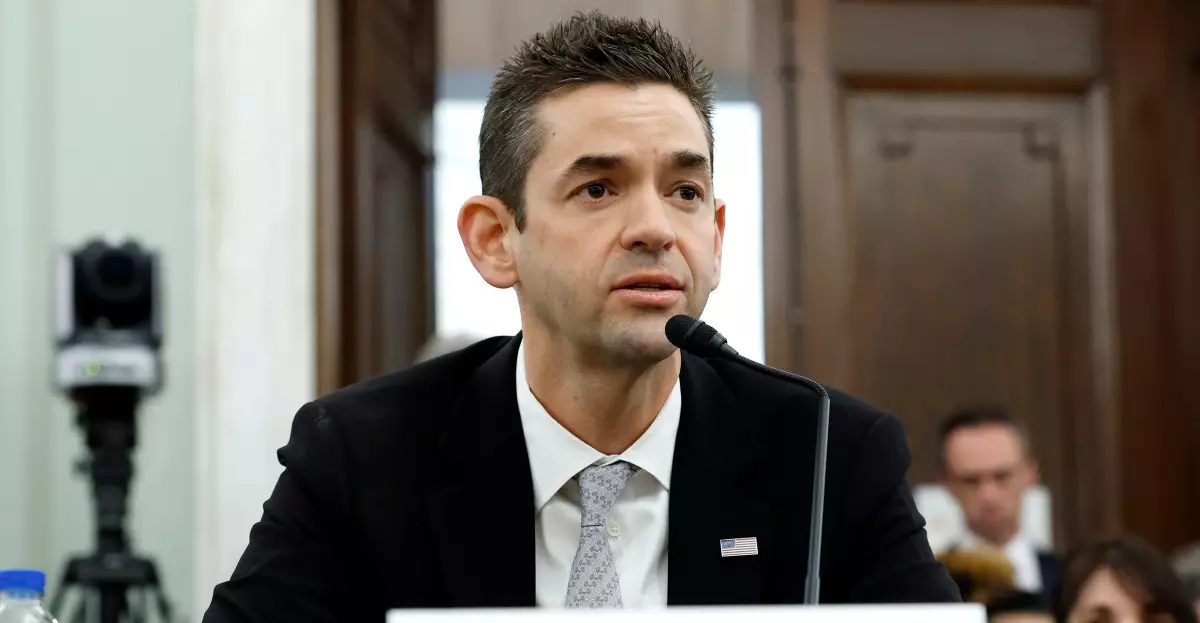In a surprising turn of events, Jared Isaacman’s nomination for NASA Administrator was withdrawn, primarily due to his past political contributions to Democratic candidates. This decision raises serious questions about the intersection of politics and the critical leadership roles within scientific organizations. The Trump administration’s reluctance to embrace a nominee who identified with the opposing party showcases a concerning trend: the politicization of science and exploration. The move reflects an “America First” agenda that poses potential risks to collaboration and innovation in strategic sectors like space exploration.
The Role of Personal Connections
Isaacman’s association with high-profile figures, such as Elon Musk, further complicates the narrative. While Musk’s withdrawal from his White House position might have been perceived as a step away from the spotlight, it inadvertently cast a shadow over Isaacman’s nomination. Their shared entrepreneurial spirit in the space industry should theoretically align with NASA’s goals, yet it seems that political affiliations took precedence over meritocracy. This shift highlights an unsettling reality where groundbreaking work becomes subordinate to the turbulence of party affiliation.
Able Leadership in Crisis
Isaacman, CEO of Shift4 and a pioneering figure in commercial space travel, has a commendable track record, having successfully flown on missions that pushed the boundaries of what private spaceflight can achieve. His recent accomplishments, including the first commercial spacewalk, indicate he possesses the required skills and vision necessary to lead a complex organization like NASA. Yet, the question remains: can innovation survive in an environment where political loyalty overrides competence?
The Budget Cuts: A Dire Warning
Adding fuel to the fire, the proposed budget cuts reflect a drastic reduction in NASA’s funding and fundamental goals. Reports indicate a staggering 47 percent decline in science funding, an action that has been deemed catastrophic by many experts. Organizations like The Planetary Society voiced concerns that such reductions threaten to derail years of taxpayer investment and space exploration initiatives. In a climate of technological advancement, withdrawing support for NASA’s science programs could have long-term repercussions, reducing America’s competitive edge in the global aerospace landscape.
What’s Next for NASA?
With Isaacman’s exit and a still-unknown replacement on the way, the future of NASA remains uncertain. A senior former NASA leader’s assertion that the budget request signifies “going-out-of-business mode” is a wake-up call for stakeholders and the public alike. The new candidate will undoubtedly face pressure to conform to political ideologies while simultaneously steering NASA toward a path of resilience and exploration. The selection process now looms large, and advocates of science and space must remain vigilant to ensure that the leadership reflects a commitment to progress and not mere political gains.
As we ponder the future of space exploration, it’s essential to recognize the intricate balance between political interests and scientific advancement, as only then can we pave the way for meaningful achievements in the cosmos.


Leave a Reply